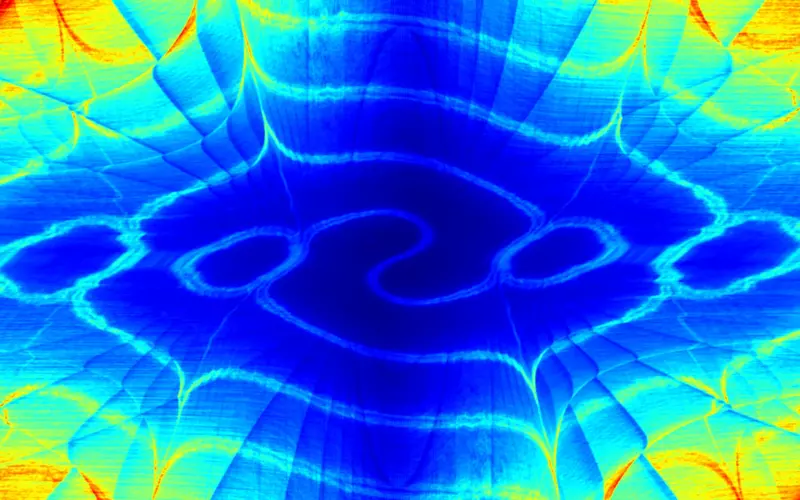When we look at scientific progress, especially in physics, it can seem like all the great discoveries lie behind us. Since the revolutions of Einstein’s theory of relativity and quantum mechanics, physicists have been struggling to find a way to make them fit together with little to no success. Tim Palmer argues that the answer to this stalemate lies in chaos theory. Revisiting a book by John Horgan, science communicator and theoretical physicist Sabine Hossenfelder recently asked on her YouTube channel whether we are facing the end of science. It might seem like a rhetorical question – it’s not possible for science to really end – but she concludes that we are in dire need of some new paradigms in physics, and seemingly unable to arrive at them. We are yet to solve the deep ongoing mysteries of the dark universe and still haven’t convincingly synthesised quantum and gravitational physics. She sugges…
Read the full article which is published on IAI TV (external link)






